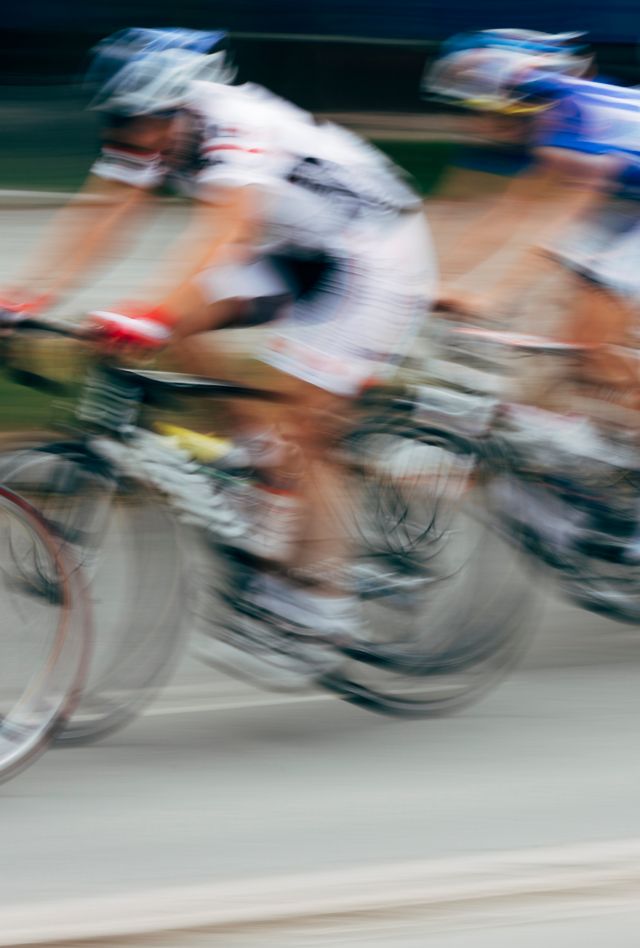U.S. Athlete Doping Prevalence Study

Problem
Sports officials have long tried to pinpoint the prevalence of doping because of the damage it can do to equality in competition, athletes’ health, and the integrity of the sport itself.
Yet, getting honest answers about doping from athletes whose reputations and incomes are on the line can be difficult. A series of high-profile doping cases and seemingly superhuman athletic feats have convinced many sports fans that most elite athletes take performance-enhancing drugs.
Solution
NORC at the University of Chicago partnered with the University of North Carolina Greensboro to create an anonymous survey that enabled the United States Anti-Doping Agency to accurately assess how many elite athletes are doping.
For the first time, the survey included questions about specific personality traits that may increase athletes’ likelihood of doping. To get these answers, in spring 2020, researchers surveyed more than 1,400 U.S. Olympians, Paralympians, and Pan-American Games competitors. Survey questions focused on athletes’ perception of their peers’ frequency and approval of doping, if they themselves had doped, and their own attitudes about drug testing, motivations for doping, and the perceived impacts of doping.
Result
The survey found a 2.2 percent doping prevalence rate for the most egregious groups of doping substances and methods—anabolic steroids, peptide hormones, and blood manipulation.
This rate is close to the actual reported positivity rate from testing, suggesting testing effectively detects and deters doping. When additional groups, such as those who had misused beta-2 agonist inhalers or used marijuana or other in-competition prohibited substances, were included, 9.2 percent of athletes answered that they had used a doping substance or method in the last year.
The survey found that athletes rated high in integrity were less likely to dope. It also found that those who placed a high priority on the opinions of others were more likely to dope. These data will help USADA design policies and programs to promote clean sports and discourage doping among U.S. athletes.








